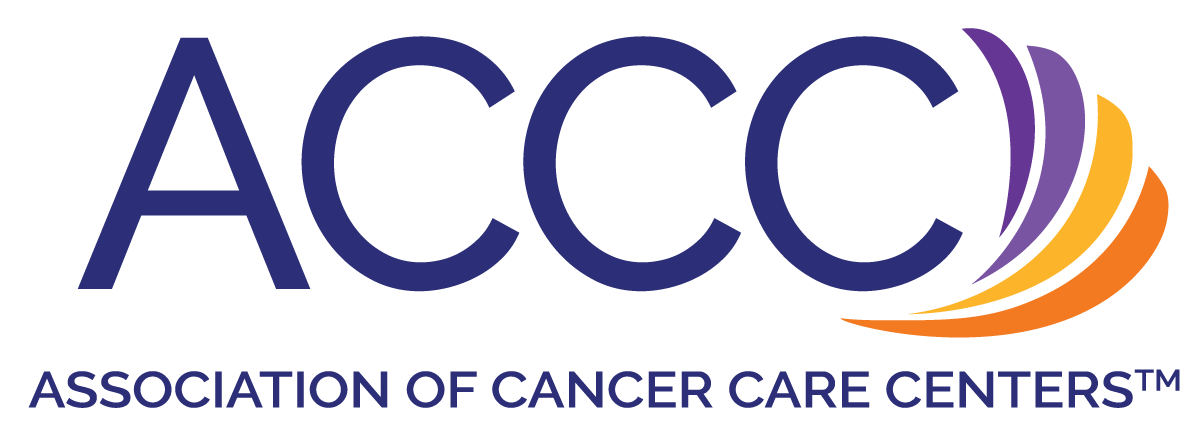
Dr Afreen Idris Shariff on the Value of e-Consults for Endocrine Toxicities of ICIs

Afreen Idris Shariff, MD, MBBS, director at Duke Endo-Oncology Program, Duke Endocrinology, Duke Cancer Institute, discusses how e-consults are addressing specific endocrine immune-related adverse events from immune checkpoint inhibitors (ICIs), reducing time to appointment, and lowering the need for hospitalization.
Electronic consultative services have the ability to console patients who are seen in the hospital quite frequently, by getting them faster access and recommendations for care that they otherwise would not have, says Afreen Idris Shariff, MD, MBBS, director, Duke Endo-Oncology Program, Duke Endocrinology, Duke Cancer Institute.
This transcript has been lightly edited.
Transcript
How were specific endocrine immune-related adverse events addressed through e-consults at Duke Cancer Institute, and what are some common challenges in managing these adverse events?
Endocrine toxicities are quite common in patients that receive medications like immune checkpoint inhibitors. And when we started doing this at Duke, trying to consult seemed to be one of the best ways of tackling this because these patients were seen in the hospital quite frequently. And one way of getting fast, quick access, and quick access recommendations would be to utilize existing electronic consultative services. So, we decided to do this in 2020. And since then, we've been doing electronic consults. And the kinds of problems we tackle with these e-consults are new onset type one diabetes from immune checkpoint inhibitors. We also look at adrenal insufficiency, thyroid related abnormalities from cancer drugs, and we tackle many of these abnormalities that we see as a result of cancer therapies.
What key factors do you believe contributed to the success of this initiative in terms of improving access and minimizing hospitalizations for patients with endocrine immune-related adverse events?
When we're looking at access, what we wanted to do was determine how long patients were actually waiting to see us. And typically, when a referral is placed through the general referral pathway for an oncology patient, and it comes from an oncologist at Duke, they end up waiting over 60 days to come and see us. So, that I think is unacceptable in a case of someone who's really going through toxicities and side effects, because they do end up in the hospital if the time is delayed.
And when patients go through the general referral pathway, they go through a general pool, where patients are assigned to any provider or any clinician within the Duke endocrinology team. And what we realized was that keeping the referral pathway really streamlined using electronic consults allows us to triage the patients and recognize which patient needs to go in front of the line and be seen sooner than other patients. That really created a very streamlined process for us to improve access. And through the electronic consultative service, we've been able to drop the time to recommendations down to 24 to 48 hours and the time to an appointment down to 34 days, down from those 60 plus days we receive at Duke.
And the second question you asked was about hospitalization. And the one big reason we think that we were able to make a dent in the hospital admission rate was that we were getting diagnostic recommendations for about 86% of the consults we were doing and about 61% of the consults we were putting treatment recommendations on these patients. So that I think is a big improvement compared to the traditional peer-to-peer referrals that are placed where the decision is typically made as to whether the patient needs to be seen. Here, we were going beyond that and putting in recommendations for diagnostic tests and treatment recommendations, which I believe may be the biggest reason behind reduction hospitalization rates.
Newsletter
Stay ahead of policy, cost, and value—subscribe to AJMC for expert insights at the intersection of clinical care and health economics.









